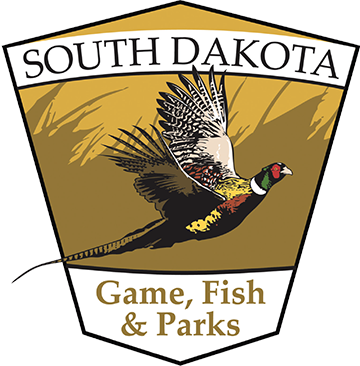News
The press releases provide real time information to statewide and regional media and our customers with current news and events happening within the department.
If you are a member of the media and need additional information on any of the below articles or other topics related to our department, please email Nick.Harrington@state.sd.us.
Subscribe to a mailing list(s) to receive a variety of updates direct to your email inbox from press releases, regulation changes, application updates, events and programming information and much more.
Feb
6 Feb | Friday
Feb

